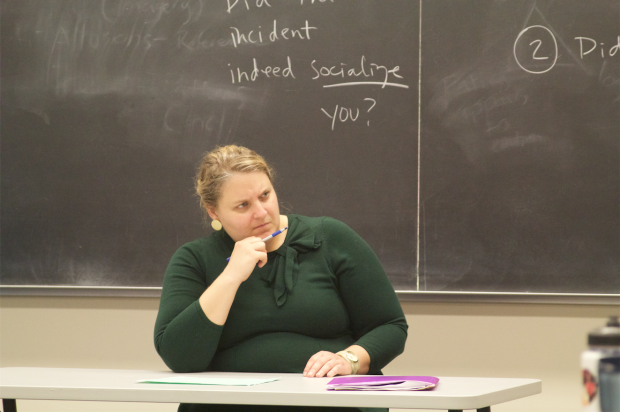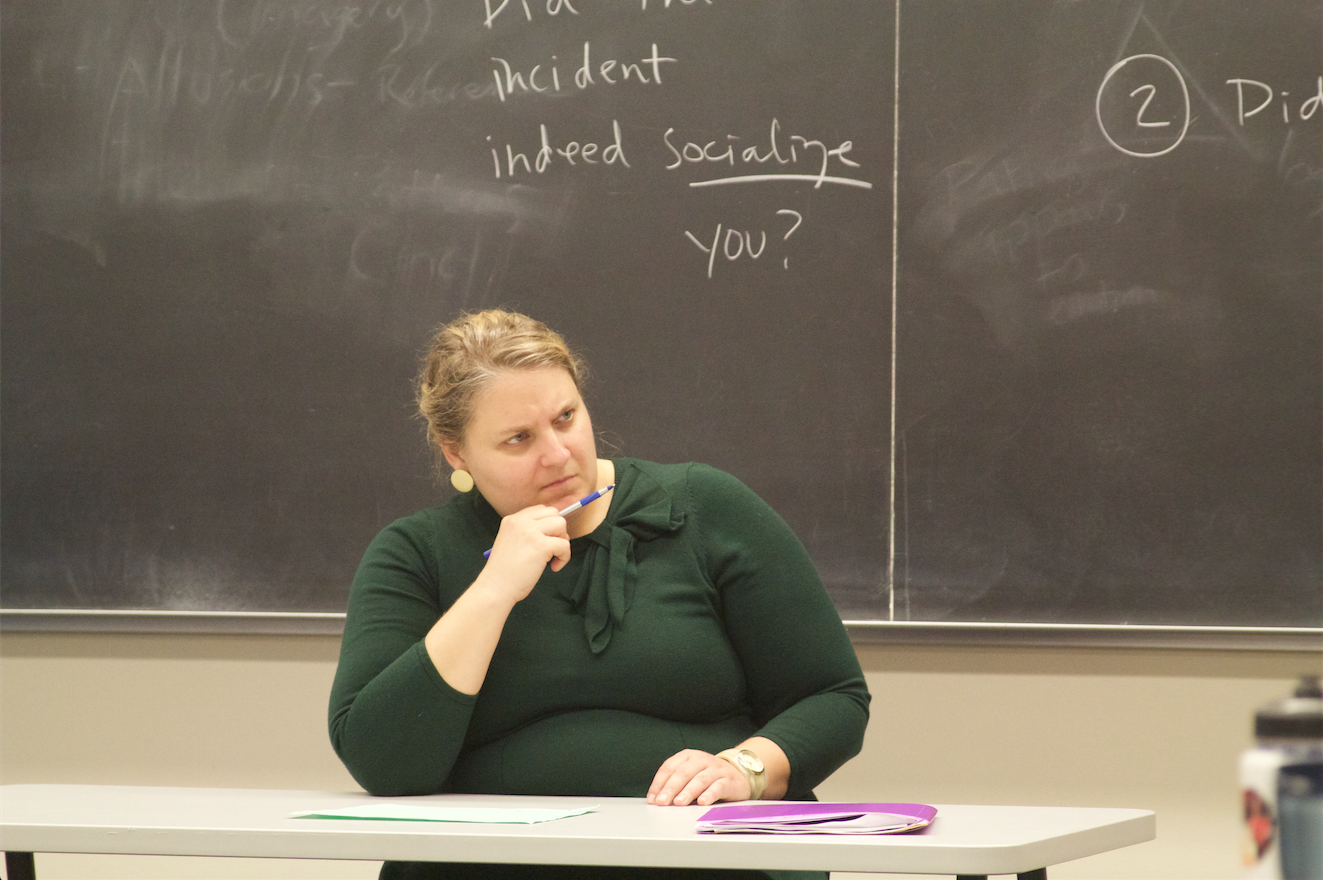
This summer, Ann Johnson, director of the St. Thomas Center for Faculty Development sat down with about a dozen faculty members for lunch and took “food for thought” to a whole new level.
What resulted was the creation of the year-long Inclusive Classroom Institute, a series of workshops intended to help teachers build awareness, gain understanding of marginalized students and equip them with tools to create a more inclusive classroom environment.
“There are things that faculty … do in their classrooms that they might not have understood might make students uncomfortable,” said Todd Lawrence, an English professor who also serves on the institute’s advisory board. “Most of the things that we’re doing over the course of the year are things like discussions, panels. They’re the kind of things that are intended to start discussions among a larger group of faculty on a particular subject.”
And with national conversation revolving around sensitive topics like equality among races, genders and sexual orientations, the institute is very timely according to English professor Lucia Pawlowski.
“It’s not just about supporting marginalized groups; it’s also about raising the consciousness and creating allies in these more dominant groups,” Pawlowski said. “I think we’re galvanized by the movements across the country, especially student movements on campuses, that demand that we start paying attention to these issues a little more.”
This November and January, Pawlowski will be facilitating workshops as a part of the institute on “brave space” classrooms. It’s a movement that builds off “safe spaces,” which were created to prevent hate speech or harassment of LGBT and other minority students.
Brave space classrooms take a step further by encouraging frank conversations on race, gender and sexuality in a safe setting – an idea Pawlowski has been implementing in her own classes.
“We need brave spaces because students of color really crave these conversations but they want guidelines in place to have them. They want spaces where you can confront a white student about their privilege or a white student can raise any blatant racisms they may have and then be challenged,” Pawlowski said.
Sofia Leyva, a first-year student who is in Pawlowski’s Race, Gender, Sexuality class, said that so far, brave space has been a great experience.
“It’s different because she definitely challenges students to speak their own opinions and to bring up controversial topics and then to challenge one another in terms of contradicting ideas,” she said. “I thrive off of discussion-based activities. The whole point of being at a university is to educate yourself, and you can never really be educated if you don’t question your morals and values and beliefs and if you don’t make an effort to understand someone else who has opposing ideas.”
But, Pawlowski admitted, some issues with brave spaces still need to be ironed out.
“What if people aren’t out of the closet and don’t wish to be confronted? There are a number of issues with brave spaces I think I need to work out, so I wanted to have this workshop to talk to other faculty and get their feedback on brave space and think about whether or not it’s something we want to embrace on this campus,” she said.
While the workshops are not required, Pawlowski and Lawrence hope that teachers will feel compelled to attend and create more inclusive classroom spaces. As for the fate of the institute after the academic year, it’s still too early to tell.
“I hope it would continue,” Lawrence said. “I think it will depend on what the turnout is and how successful we think the events are, but I know everyone is working very hard … And we really want to try to make it productive and make sure that people get something out of it.”
Danielle Wong can be reached at wong0031@stthomas.edu.

